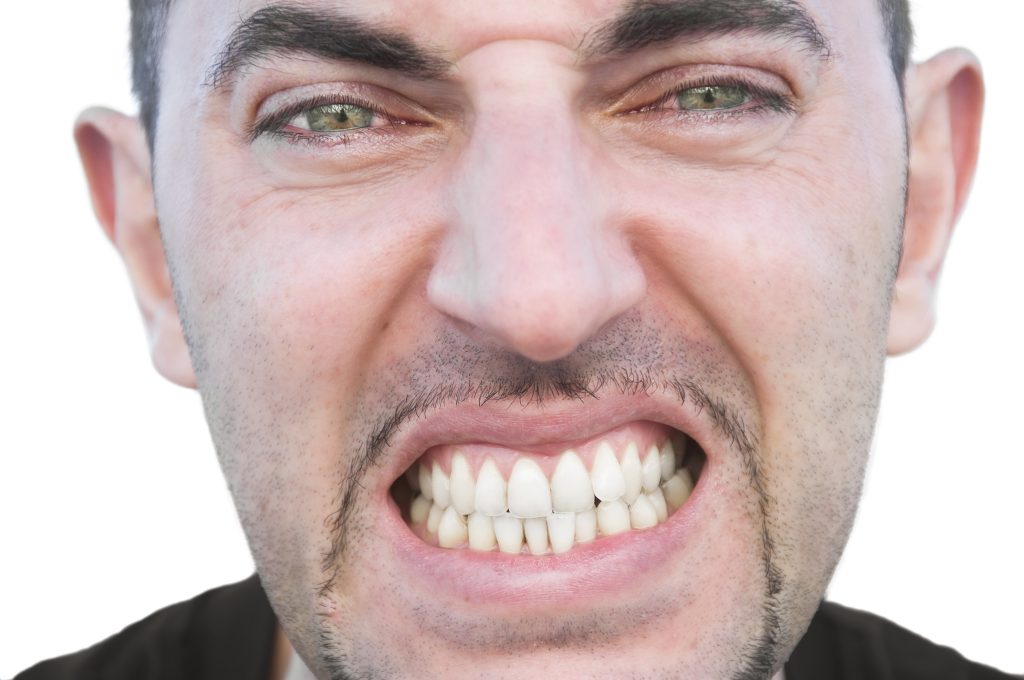- Act quickly if you experience any dental trauma.
- Seek emergency dental care right away with the help of a dentist or an emergency surgeon.
- Take over-the-counter pain medication to reduce pain and swelling.
- Consider cosmetic dentistry options to restore your smile.
- Wear a mouthguard when participating in physical activities to prevent further trauma.
Dealing with dental trauma can be a scary and painful experience. Knowing what to do in these situations can make all the difference in preserving your dental health, whether it’s a knocked-out or broken tooth. This guide will provide you with five tips on how to deal with dental trauma.
1. Act Quickly
If you experience any dental trauma, the first thing you need to do is act quickly. Whether it’s a knocked-out or broken tooth, the faster you act, the better your chance of preserving your dental health. If a tooth is knocked out, grasp it by the crown and carefully rinse it with either milk or saliva. Then, try to reinsert it into the socket if possible. If you cannot place the tooth back in its socket, store it in milk or saliva until your appointment with a dental professional. If a tooth is broken, rinse your mouth with warm water and apply a cold compress to reduce swelling.
2. Get Emergency Dental Care

In any dental trauma case, seeking emergency dental care as soon as possible is important. Dental trauma can cause much pain and lead to further damage if left untreated. Call your dentist immediately if you experience any dental trauma, and if you can’t reach your dentist, go to the nearest emergency room. Dentists and emergency room doctors are trained to handle dental emergencies and will provide you with the best care possible.
When seeking emergency dental care, bring any medical history documents related to your condition and any medications you currently take. If possible, having another person accompany you during your visit is also recommended in case of any complications. During the emergency dental visit, your doctor or dentist will take a detailed medical history, conduct an exam and take X-rays to determine the extent of the damage.
3. Take Pain Medication

If you experience any dental trauma, you may experience pain and discomfort. Over-the-counter pain medication such as ibuprofen or acetaminophen can help reduce pain and swelling. However, follow the recommended dosage on the label and don’t exceed the recommended amount.
It is important to note that taking prescription medications may affect the pain medication’s effectiveness. In addition, alcohol consumption can also decrease the effects of pain medication. Be sure to speak with your doctor or pharmacist before taking any over-the-counter medications for dental trauma.
4. Use Cosmetic Dentistry Options
If your dental trauma results in a chipped or broken tooth, cosmetic dentistry options can help restore your smile. Cosmetic dentistry will ensure your smile looks natural and healthy. Options range from tooth-colored filling to crowns and veneers designed to cover up damaged areas of teeth. Your dentist can recommend the most appropriate treatment for you based on the damage
Here are some cosmetic dentistry options you should consider:
Dental bonding
This is the simplest and least expensive option for repairing a chipped or broken tooth. It requires minimal preparation and can be completed in one visit to your dentist. With dental bonding, your dentist will apply a tooth-colored resin material directly to your affected tooth, then shape it to match the surrounding teeth.
Veneers
These thin shells of porcelain bonded to the front of your teeth. They can improve their appearance by covering chips or discoloration, closing gaps between teeth or correcting misalignment issues. In some cases, veneers may also provide additional strength for weakened teeth.
Crowns
A crown is a cap placed over your affected tooth to restore its shape and strength. Your dentist will use X-rays and an impression of your teeth to create a custom crown. Crowns are especially useful for covering severely damaged or decayed teeth that cannot be restored with other options.
Implants
If you experience dental trauma that results in the loss of multiple teeth, reliable full-arch dental implants may be a viable option to restore your smile. Full arch dental implants are permanent replacements for your missing teeth that can look and function like your natural teeth. They involve placing small titanium posts into the jawbone and attaching artificial teeth to those posts.
5. Wear a Mouthguard
If you participate in sports or other physical activities, wearing a mouthguard can help prevent dental trauma. Mouthguards are protective devices worn over your teeth to cushion them from blows to the face. There are three types of mouthguards: stock, boil and bite, and custom-fitted. Custom-fitted mouthguards offer the best protection and comfort, as they are made to fit your teeth specifically.
In Closing
Dental trauma can be a frightening experience, but knowing what to do in these situations can help preserve your dental health. Acting quickly, seeking emergency dental care, taking pain medication, using cosmetic dentistry options, and wearing a mouthguard are all important steps in dealing with dental trauma. By following these tips, you can ensure that your teeth stay healthy and strong for years.

